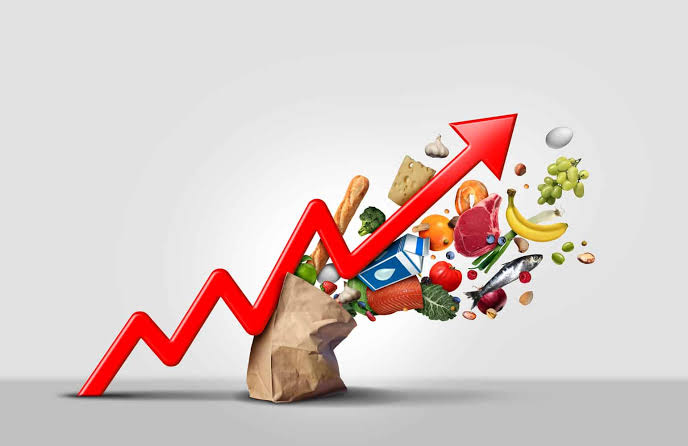
Rising inflation disrupts customer loyalty
By Zion Rufus
Increased cost of living and rising inflation which is pushing up prices of essential goods such as food, transport and utilities, is greatly influencing the buying decisions of customers to switch from buying on the basis of loyalty to buying from brands that offer better prices.
An online research carried out by MARKETING EDGE across Twitter, Instagram, and WhatsApp on factors which currently influence the purchase decisions of customers, revealed that customers are beginning to ditch brand preference and loyalty to buying from brands that offered fair prices. However, the result also showed that the influence of price on purchase decision process is product specific.
Customer Care Personnel, Deborah Olaiya noted in a WhatsApp message: “For me, especially this period where you can’t even spare any portion of your income for discretionary spending, I honestly no longer care about the brand, I am now more particular about the prices and how it affects my income.”
On Twitter, a user, Chijioke Ochubili said: “I stopped buying Fox cookies the moment it hit N1000. Might consider doing the same with Maryland cookies too.”
Another Twitter user, Kenechukwu Anthony tweeted: “It’s hollandia yoghurt for me, I asked 2days back and they told me N1200, I just told the lady not to worry, and asked for Cway instead.”
@nekie_neka said: “I was just saying that I’ve stopped buying Vita Milk. The thing used to be N200, now it’s N700.”
@Nathan shared: “A tin of Three Crowns Milk now costs N300. I was shocked. I had to go to another store to by a satchet of Peak Milk.”
Meanwhile, some other respondents have shared that their decision to switch between brands is largely dependent on circumstances and/or product attributes such as quality and perceived value.
Medical practitioner, Oredola Suraj said: “For me, it depends on my need at the time; I tend to juxtapose pricing and preference. What I need at a particular time might be subject to brand, because probably, it’s only a particular brand that can offer me the best of that product; at another time, what I buy might be might be based on how much I have in my pocket.”
In 2021, Unilever joined a long list of FMCG companies announcing price increases.
Unilever CEO, Alan Jope had announced in a Bloomberg TV interview: “Costs are going up across all classes of material, agricultural commodities, petrochemical commodities, paper and board, transport, logistics, and labor costs and we have seen that accelerate through the second half of 2021. Our current view of the future is that peak inflation will be in the first half of 2022, and then will moderate as we move towards the second half of 2022. So, I think we are in for at least another 12 months of inflationary pressures. However, we are in a once-in-two-decades inflationary environment and therefore we have stepped up the level of pricing.”
In a recent global survey of over 20,000 people in 30 countries conducted by Ipsos, a multinational market research and consulting firm, two-third of the respondents said they had seen their utility costs go up – including electricity, gas, water, phone and internet charges.
While 55% said clothing and shoes were more expensive, 51% reported higher housing, medical and healthcare pricing; 49% said entertainment had become more costly; and seven out of 10 people in the said they had experienced rising prices for vehicle fuel, car payments, maintenance, parking and public transport, as well as groceries, meals and restaurants.




Comment
No comments found.